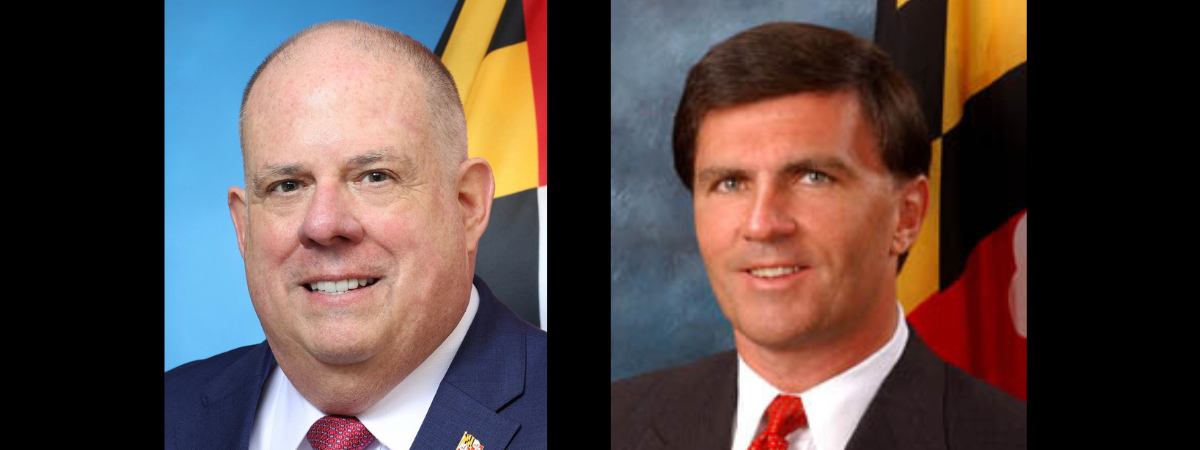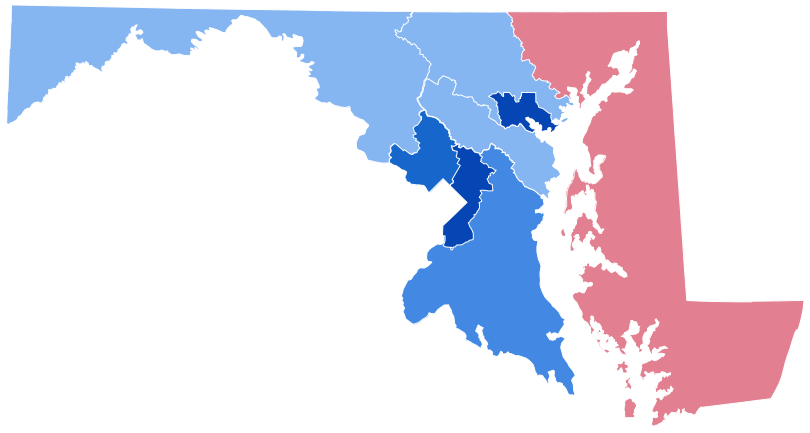Maryland General Assembly Wrap-up 2022

April 11 was the final day of the Maryland General Assembly’s session and the legislators returned home with an impressive amount of business completed.
Over the 2022 session’s three months, the Assembly passed bills to expand abortion access, establish a policy for paid family and medical leave, commit the state to zero greenhouse gas emissions, give voters a chance to weigh in on recreational marijuana use, and hundreds more. Some were minor tweaks or strictly local in effect, but here are some of the more significant items.
In one of the most talked-about actions of the session, the Assembly passed — over a veto by Gov. Larry Hogan — the Abortion Care Access Act, that will allow nurse practitioners, midwives, and other medical professionals without an MD certification to perform abortions in the state. Formerly, only a physician could provide an abortion. The act provides $3.5 million a year to train professionals in how to perform the procedure and requires health insurance programs in the state to fully cover abortions. Given the leaked draft of a Supreme Court decision that would overturn the Roe v. Wade precedent, it is almost certain that Maryland will see an increase in patients who cannot get legal abortions in their home state.
The Assembly also overrode a Hogan veto of The Time to Care Act, which establishes an insurance program to provide up to 12 weeks of family and medical leave for workers. Maryland is the 10th state to pass such an act. The leave will be funded by payroll contributions split equally between worker and employer for companies with more than 15 workers. Benefits will be based on current earnings level, capped at $1,000 a week, with adjustments for inflation in years to come. The act also establishes studies to determine the rates of contribution to the program and to conduct an actuarial analysis. This program is expected to be especially beneficial to lower- and middle-income workers.
The Climate Solutions Now Act of 2022 commits the state to reduce greenhouse gasses dramatically. By the target date of 2045, the state’s greenhouse gas emissions are to be net zero statewide. Large buildings are to reduce greenhouse gasses 20% by 2030, and completely by 2045. The bill also requires the state’s vehicle fleet to reduce emissions to zero by 2031 for passenger cars and by 2036 for other light vehicles.
The Assembly also authorized a referendum for this November’s general election to determine if voters support a constitutional amendment to legalize the recreational use of cannabis (marijuana) products. With medical cannabis already legal in Maryland, if the referendum is approved, anyone previously convicted of cannabis possession would have their records expunged. Those currently serving sentences only for cannabis-related offenses could petition for release.
A significant item on Hogan’s agenda was enacted to create tax credits for retired Marylanders. Residents 65 and over whose annual individual income is less than $100,000 or married couples earning less than $150,000 would qualify. The credit would be up to $1,000 for an individual, $1,750 for a married couple. In some cases, retired individuals would pay no state income tax at all.
Hogan also pushed for sales tax exemptions for childcare products. The Assembly approved exemptions for such items as diapers, baby bottles, and child car seats. Also exempt are products needed for health care, such as diabetic treatment, dental care, and other medical uses.
Lawmakers enacted several juvenile justice reforms to which Hogan had expressed opposition. Police will now be required to inform parents and provide access to an attorney before interrogating a juvenile suspect. Also, effective June 1, juvenile courts are subject to limits to the length of probationary terms, detention, and out-of-home placement they may impose on juvenile offenders. Previously, those decisions were at the discretion of the judge.
The sale of “ghost guns” — unregistered weapons with no serial number, often assembled from mail-order kits or homemade parts — is banned beginning June 1. Those already in possession of these firearms are required to surrender them to police by March 1, 2023. Hogan did not sign nor veto the bill, which thus becomes law without his signature.
By unanimous vote in both houses, the Assembly also passed an act expanding the definition of stalking to include electronic devices such as GPS and cell phones. The measure goes into effect Oct. 1, 2022.
While neither Hogan nor the Assembly Democrats can claim to have achieved all their goals, all in all, this was a productive session for both Republicans and Democrats. Following this fall’s election, the next General Assembly will take place under a new governor (Hogan is term-limited) and at least some shuffling of legislative seats. We’ll have to wait to see what that will mean in terms of new legislation.
Peter Heck is a Chestertown-based writer and editor, who spent 10 years at the Kent County News and three more with the Chestertown Spy. He is the author of 10 novels and co-author of four plays, a book reviewer for Asimov’s and Kirkus Reviews, and an incorrigible guitarist.
Common Sense for the Eastern Shore







